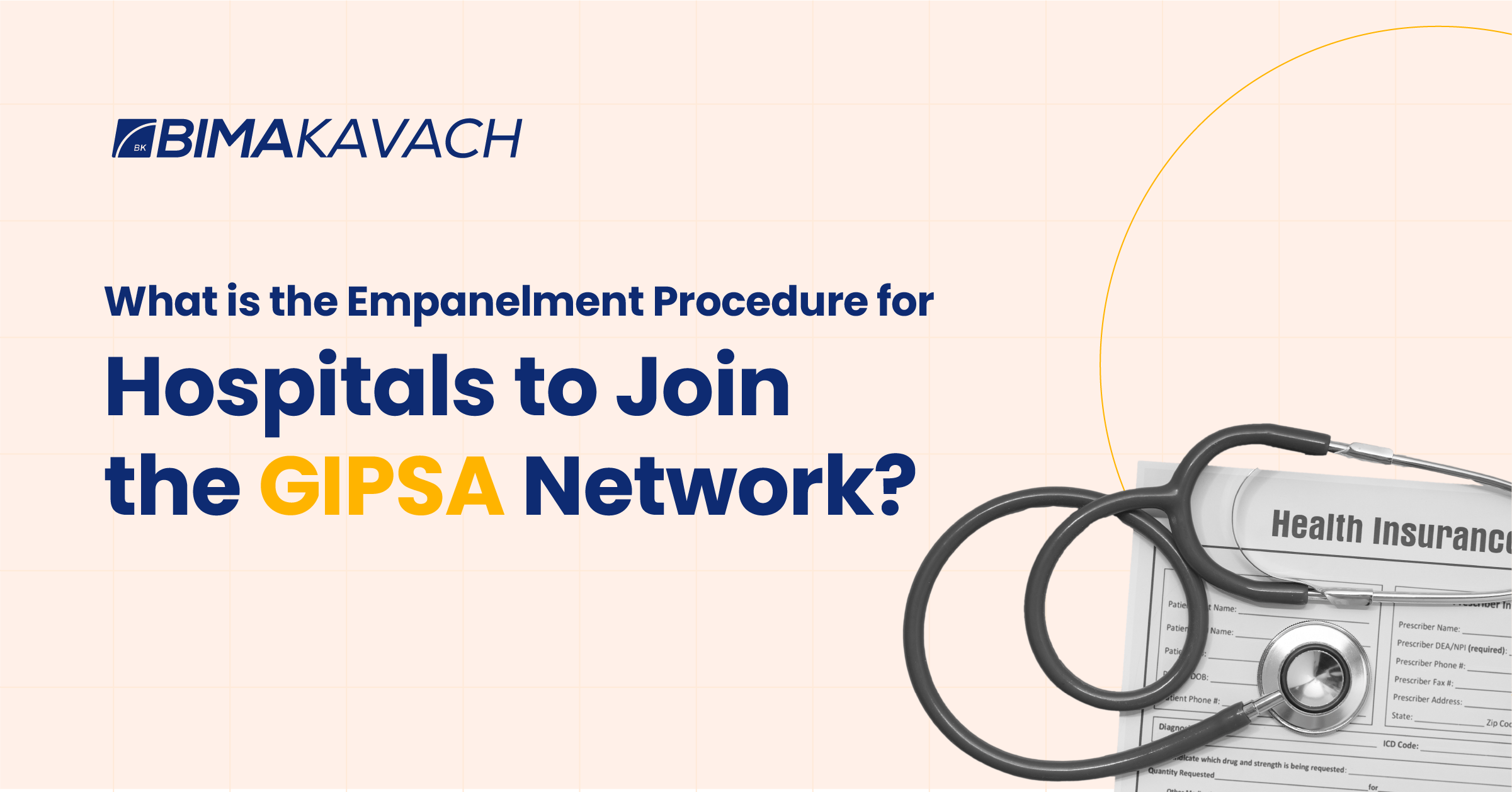The insurance industry plays a crucial role in safeguarding individuals, businesses, and public entities against various risks and uncertainties. Within this landscape, the General Insurance Public Sector Association (GIPSA) holds a significant position as an organization representing public sector insurance companies. In this article, we will delve into the fundamental aspects of the General Insurance Public Sector Association, exploring its purpose, functions, and the significance it holds within the insurance sector. By understanding GIPSA's role and contributions, we can gain insights into the unique characteristics of public sector insurance and its impact on insurance policies. So, we would request you to go through this blog till the end.
To begin with, let’s look into what GIPSA is all about!
What is the General Insurance Public Sector Association?
GIPSA, or General Insurance Public Sector Association, is a group of four general insurance provider organizations. New India Assurance Company Ltd, United India Insurance Company Ltd, National Insurance Company Ltd, and Oriental Insurance Company are these four companies. These organizations provide cashless healthcare services to policyholders in select hospitals across 12 Indian cities. GIPSA determines the prices of medical treatment packages given by these facilities. PPN (Preferred Provider Network) hospitals are a group of hospitals that provide care at GIPSA-approved rates.
Get Free Quote in Minutes
GIPSA policies provide coverage for a variety of ailments such as kidney stones, appendicitis, cataract, angioplasty, hysterectomy, and so forth. These insurance products have benefited almost 6 crore policyholders so far.
Policyholders of a GIPSA policy should keep the following points in mind
If you are a GIPSA policyholder, the following points would serve you well-
- The insured can obtain cashless health services through GIPSA-approved network hospitals or PPN networks.
- When a policyholder files a reimbursement claim for a certain treatment under GIPSA in a PPN hospital, the insurer is required to reimburse the money at the rate determined by GIPSA
- If money is overcharged over the permitted GIPSA package, the insured can file a complaint with the specific insurer.
- If a policyholder submits a reimbursement claim for treatment received in a non-PPN hospital, the insurer will reimburse the amount as per the customary clause in the policy. The amount will be calculated based on the service and the prevailing price in the geographical region.
What are the benefits of GIPSA?
some potential benefits of GIPSA based on its objectives and past activities are as follows:
- Collaboration and Mutual Support: GIPSA facilitates cooperation and coordination among public sector general insurance companies. By sharing knowledge, resources, and best practices, member companies can collectively enhance their operational efficiency and effectiveness.
- Policy Advocacy: GIPSA acts as a unified voice for its member companies in advocating favorable policies and regulations. It may engage with government bodies, regulatory authorities, and industry stakeholders to present a consolidated perspective on issues affecting the general insurance sector.
- Product Standardization: GIPSA may work towards standardizing insurance products and policies across member companies. This ensures consistency and uniformity in offerings, making it easier for customers to understand and compare insurance options.
- Cost Efficiency: Through joint initiatives, GIPSA may explore opportunities to reduce costs for member companies. This could include initiatives related to procurement, technology adoption, or sharing of infrastructure, leading to improved profitability and competitiveness.
- Skill Development and Training: GIPSA may facilitate training and skill development programs for employees of member companies. By fostering a culture of learning and professional development, GIPSA aims to enhance the expertise and capabilities of the workforce within the public sector general insurance companies.
- Benefits for policyholders- GIPSA's goal is to establish uniform packages and costs for various medical procedures in order to safeguard customers from being charged more and to ensure that the sum insured amount is used more effectively. For a variety of medical procedures, all four insurers have negotiated a unique package deal with various hospitals. These organizations provide cashless healthcare services to policyholders in 12 Indian cities through these designated hospitals. Kidney transplant, complete knee replacement, CABG, liver transplant, dialysis, and other medical treatments are generally covered.

What is the Empanelment Procedure for Hospitals to Join the GIPSA Network?
Hospitals that want to join the Preferred Provider Network (PPN) of GIPSA and offer cashless claim settlement to insured patients must submit a GIPSA empanelment form along with other required documents to the Group Health Insurance Companies. Following necessary approval, hospitals can begin offering cashless claim settlement to Group Health Insurance Policy Insured Patients.
There are almost 550 hospitals in India that are part of the GIPSA PPN network.
The footnote:
As the insurance industry continues to evolve, GIPSA and its member companies are poised to play a pivotal role in shaping the future of public sector insurance, driving innovation, and addressing emerging challenges. Through collaboration, advocacy, and a commitment to the public interest, GIPSA strives to ensure a resilient and inclusive insurance sector that serves the diverse needs of individuals, businesses, and public entities.

